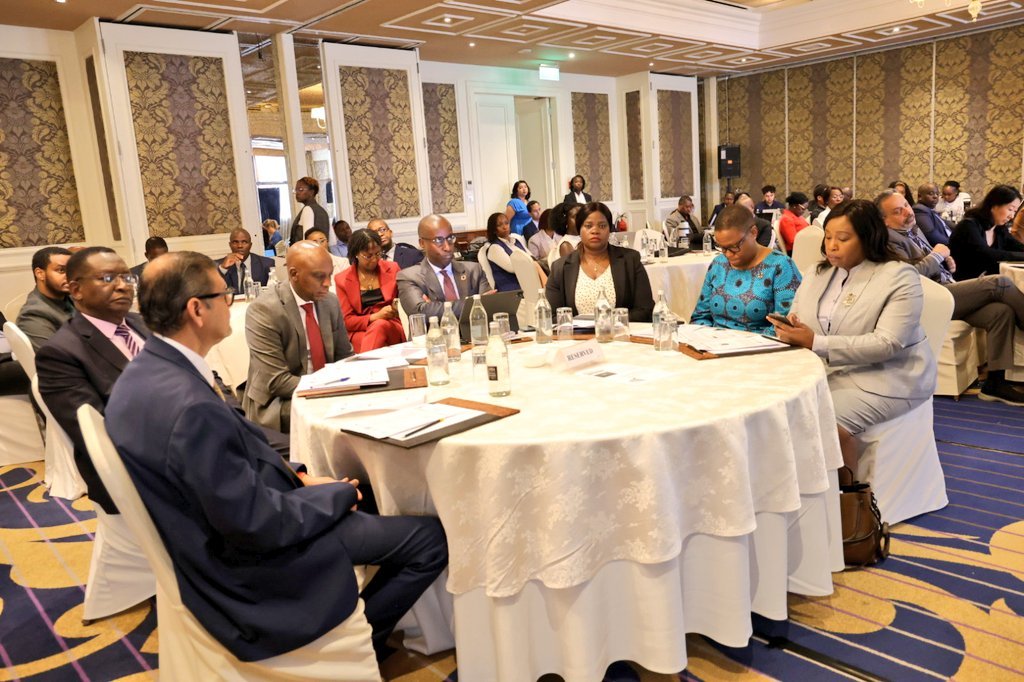In a move that promises to reshape Kenya’s digital landscape, a consortium of United Nations agencies and partners has unveiled an ambitious initiative aimed at promoting digital inclusion across the nation.
Dubbed Digital Platforms Kenya (DigiKen), this visionary project is set to unfold over the next three years, targeting some of the most vulnerable groups in Kenyan society, including youth, women, and people with disabilities.
DigiKen has a powerful vision to nurture and cultivate home-grown digital platforms that will serve as catalysts for Kenya’s socio-economic development.
This initiative couldn’t have come at a more opportune time, as Kenya continues to cement its position as the unrivaled digital economy hub in the region. With an impressive 10.5 million active social media users and 1.2 million digital workers, the country is already buzzing with digital activity.
According to Margaret Ndung’u, the Cabinet Secretary for the Ministry of Information, Communications and the Digital Economy, the move is in line with Kenya’s broader aspirations. “This initiative will unlock the untapped opportunities in the digital economy and dovetail perfectly with Kenya’s Vision 2030,” she said.
What sets DigiKen apart is its comprehensive approach to digital empowerment. Stephen Jackson, the UN resident coordinator in Kenya, outlined the initiative’s far-reaching impact.
“Not only will it foster innovation, but it will also extend the reach of digital tools to often-overlooked communities, including pastoralists and residents of informal settlements and rural areas,” he said.
The numbers associated with DigiKen are nothing short of impressive. The initiative aims to provide crucial support to 150 local start-ups, offering them access to funding, technical expertise, and market connections.
This boost could be the catalyst needed to transform promising ideas into thriving digital businesses, potentially creating a new wave of job opportunities for Kenya’s youth.
However, DigiKen’s ambitions don’t stop at the private sector. Recognizing the critical role of government in driving digital transformation, the initiative will provide capacity building to over 20,000 civil servants.
This strategic move aims to enhance service delivery, governance, and accountability, ensuring that the public sector keeps pace with the rapid digital evolution.
DigiKen also plans to establish 15 digital innovation hubs across the country. These hubs will serve as incubators for digital literacy and as launchpads for the sustainable application of cutting-edge technologies like artificial intelligence.
By decentralizing access to digital resources and knowledge, this platform is laying the groundwork for a more inclusive and innovative digital ecosystem.
The country that gave the world M-Pesa and revolutionized mobile money is once again poised to lead the way in digital innovation.
With initiatives like DigiKen, Kenya is not just embracing the digital future – it’s actively shaping it, ensuring that no one is left behind in this exciting journey towards a more connected, empowered, and prosperous nation.
The success of DigiKen could serve as a blueprint for other African nations, potentially triggering a domino effect of digital inclusion across the continent. Kenya is writing a new chapter in its digital story – one of inclusion, innovation, and boundless potential.


